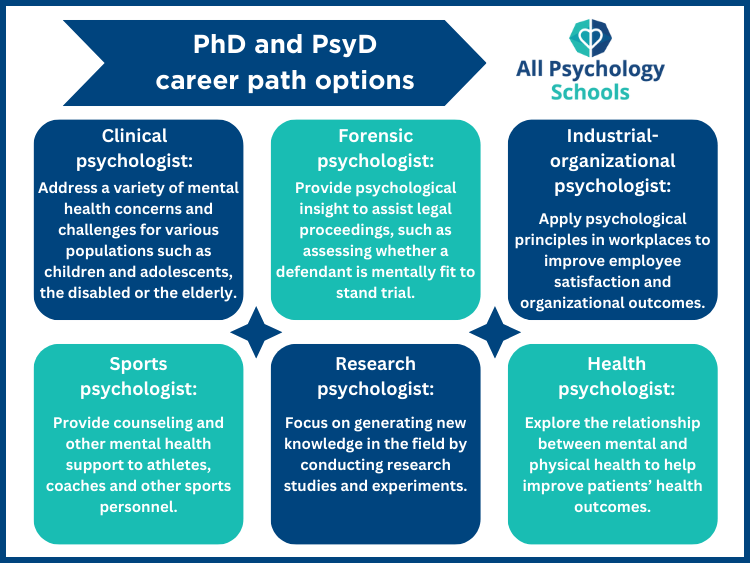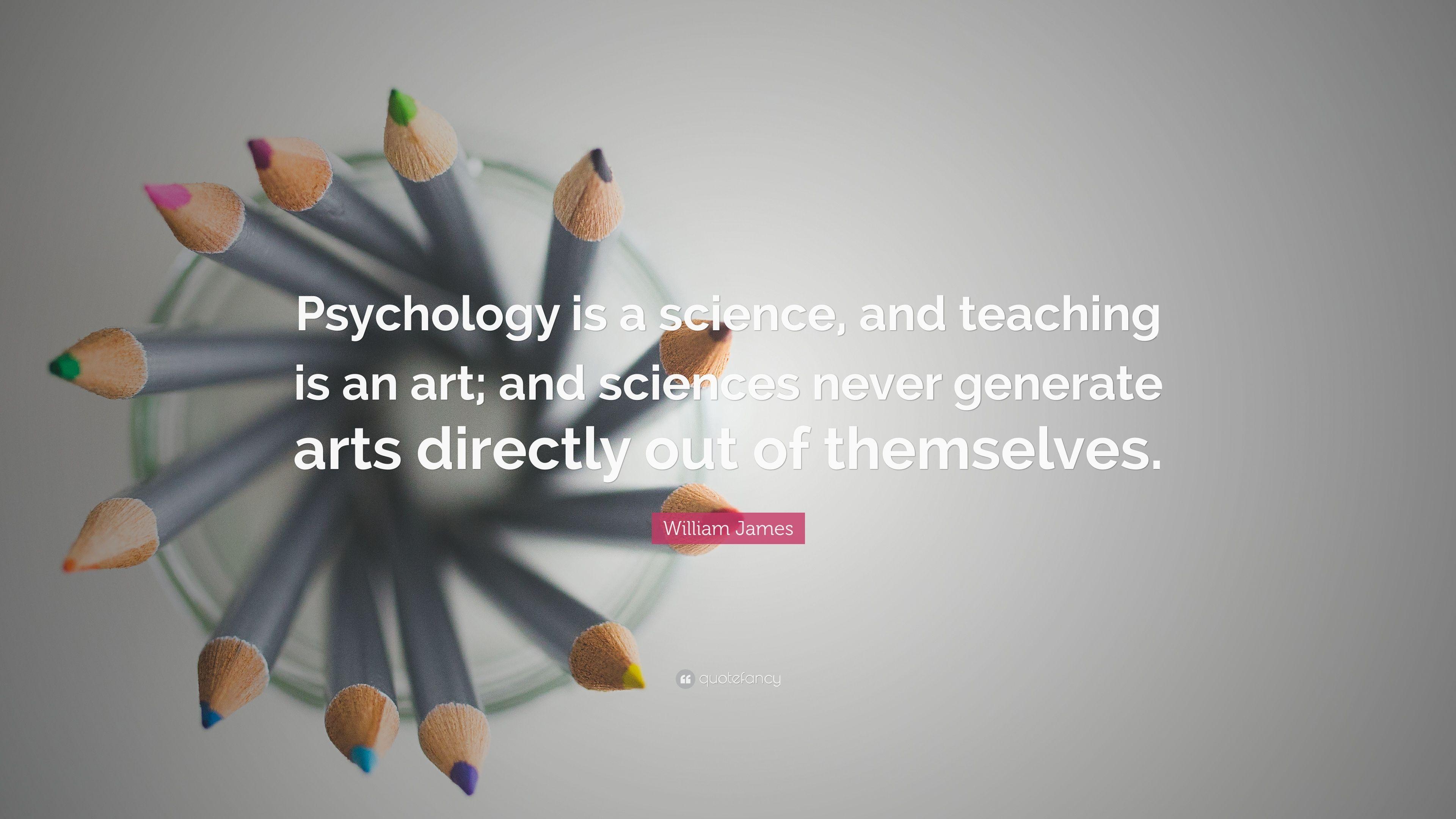How To Get Psyd
How To Get Psyd: Your Comprehensive Guide to Becoming a Doctor of Psychology
Are you passionate about clinical practice and eager to make a direct impact on people's mental well-being? If so, pursuing a Doctor of Psychology (Psy.D.) degree might be the perfect path for you. Unlike the traditional Ph.D., the Psy.D. is heavily focused on hands-on clinical skills, preparing you to enter the field immediately as a licensed practitioner.
Many aspiring psychologists often ask: "Exactly How To Get Psyd?" The journey is demanding, requiring years of commitment, specific coursework, and thousands of hours of supervised experience. This comprehensive guide will break down every step, from preparing your undergraduate resume to navigating the rigorous doctoral program and ultimately earning your coveted degree.
Understanding the Psy.D. vs. Ph.D. (Crucial Decision)
Before diving into the specifics of How To Get Psyd, you must understand the key difference between the Psy.D. and the Ph.D. in clinical psychology. Both degrees allow you to become a licensed clinical psychologist, but their philosophical approaches differ significantly.
Focus and Philosophy (Practice vs. Research)
The Psy.D. follows the Practitioner-Scholar model. This means the primary focus is on applying existing psychological knowledge to solve real-world clinical problems. You will spend most of your time in practicum settings, learning assessment, diagnosis, and intervention techniques.
Conversely, the Ph.D. follows the Scientist-Practitioner model, emphasizing original research and scientific contribution. While Ph.D. students still receive clinical training, a significant portion of their program is dedicated to empirical studies and publishing scientific papers.
Duration and Costs
Generally, Psy.D. programs tend to be slightly shorter than Ph.D. programs, often lasting four to six years, including the required internship. However, Psy.D. programs, particularly those offered at professional schools, are typically more expensive because they are less likely to offer full funding through research or teaching assistantships.
If financial support is your highest priority, the Ph.D. route often provides better stipends and tuition waivers. If speed and focus on clinical practice are paramount, the path to How To Get Psyd might be a better fit, provided you have a solid financial plan.
Step-by-Step: Preparing for Your Psy.D. Application
The competitive nature of doctoral programs means preparation must start early, ideally during your undergraduate studies. Admissions committees look for candidates who demonstrate both academic rigor and real-world understanding of the clinical setting.
Essential Prerequisites (Undergraduate Foundation)
To successfully demonstrate How To Get Psyd is your goal, your undergraduate coursework should lay a strong foundation in psychological science. A major in Psychology is standard, but related fields like neuroscience or social work can also be acceptable, provided you meet the required core courses.
Required undergraduate courses often include:
- Statistics and Research Methods (these are crucial)
- Abnormal Psychology or Psychopathology
- Cognitive Psychology
- Developmental Psychology
- Biological Bases of Behavior
Maintaining a high GPA (typically 3.5 or higher for competitive programs) is non-negotiable. Furthermore, look for opportunities to engage in independent study or honors theses to showcase your research literacy, even if the Psy.D. is practice-focused.
Gaining Relevant Clinical Experience
Admissions committees prioritize applicants who know exactly what they are getting into. Practical experience proves you understand the realities, demands, and ethical dilemmas of clinical work. This is a critical component of preparing for the journey of How To Get Psyd.
Here are types of clinical experiences you should pursue:
- **Volunteer or Paid Clinical Work:** Positions in mental health clinics, crisis hotlines, or hospitals provide direct patient contact (e.g., psychiatric technician, mental health associate).
- **Shadowing Licensed Psychologists:** Observing actual therapy sessions (where ethically appropriate) or assessments can offer invaluable insight into daily practice.
- **Research Assistance:** Even if you prefer the practice route, assisting a professor with data collection or literature reviews shows you understand empirical validation.
Navigating the Admissions Process
Once your undergraduate preparation is complete, the application phase requires meticulous attention to detail. This process often takes 6 to 12 months, and you should plan to apply to a variety of programs to maximize your chances of acceptance.
Key Application Components
The standard Psy.D. application package is extensive and demanding. It usually includes transcripts, GRE scores (if required), curriculum vitae (CV), letters of recommendation, and a compelling statement of purpose (SOP).
The Statement of Purpose is your moment to shine. Use it to clearly articulate why you want a Psy.D. specifically, detailing your clinical experiences and aligning your career goals with the program's mission. Be explicit about How To Get Psyd fits into your professional narrative, showcasing maturity and self-awareness.
Letters of Recommendation and Interviews
Seek letters from professors who know your academic abilities and clinical supervisors who can speak to your interpersonal skills and professionalism. A strong letter from someone who supervised your volunteer work often carries more weight than a lukewarm letter from a well-known academic.
If you are invited for an interview—which is very common for Psy.D. programs—prepare to discuss your clinical interests, ethical dilemmas, and why you selected their specific program. Interviews are crucial for assessing fit and soft skills.
Choosing the Right Program
Not all Psy.D. programs are created equal. Accreditation status is perhaps the single most important factor. Always select a program accredited by the American Psychological Association (APA) or the Canadian Psychological Association (CPA), as this ensures you can obtain licensure later on.
When researching, consider the faculty's clinical specializations, the types of practicum sites available (e.g., hospitals, community mental health, university clinics), and the program's internship match rate. A strong match rate indicates the program prepares students well for the highly competitive internship phase.
What Happens After Acceptance? The Journey Through the Program
Congratulations, you've been accepted! Now the true work begins. The Psy.D. program is structured around intensive coursework combined with progressively challenging clinical placements.
Coursework and Practicums
The first few years are typically heavy on foundational coursework, covering areas like psychological assessment, cognitive-behavioral therapy (CBT), psychodynamic theory, and ethics. Simultaneously, you will begin supervised practicum experiences, starting with observational roles and slowly moving toward providing direct patient care under supervision.
Practicum hours accumulate quickly and are essential for developing competency. They bridge the gap between theoretical knowledge and practical application, reinforcing the core objective of How To Get Psyd—to become a masterful practitioner.
Internship and Dissertation (The Final Hurdles)
The pre-doctoral internship is generally a full-time, year-long, supervised clinical experience (usually 1,500 to 2,000 hours). This internship is mandatory for licensure and represents the culmination of your training. Matching with an accredited internship site is extremely competitive and requires intense preparation.
Finally, the Psy.D. typically requires a dissertation or doctoral project. While it is usually less research-intensive than a Ph.D. dissertation, it still requires original scholarship, often focusing on applying clinical methods, developing assessment tools, or reviewing existing practice literature.
Conclusion: Achieving Your Goal
The path describing How To Get Psyd is rigorous and long, demanding exceptional dedication, academic excellence, and significant emotional resilience. From securing the right undergraduate prerequisites and gaining hands-on clinical experience to successfully navigating the competitive application and intensive doctoral program, every stage is vital.
Remember that the Psy.D. route is designed specifically for those who want to dedicate their professional lives primarily to clinical service. By focusing on APA-accredited programs and maximizing your practical experience, you set yourself up for success in earning your Doctor of Psychology degree and beginning a fulfilling career helping others.
Frequently Asked Questions About the Psy.D.
- What is the typical salary range for a Psy.D. graduate?
- Salaries vary widely based on location and setting (e.g., private practice, hospital, government). However, licensed clinical psychologists generally earn a median annual salary ranging from $80,000 to over $120,000, often increasing significantly with experience.
- Is it harder to get into a Psy.D. or a Ph.D. program?
- Ph.D. programs often have lower acceptance rates (sometimes under 5%) because they offer full funding and are highly research-focused. Psy.D. programs, especially in professional schools, may have slightly higher acceptance rates, but the competition remains fierce, particularly for well-funded university-based Psy.D. programs.
- Can I practice therapy with only a Master's degree?
- In many states, a Master's degree allows you to practice as a Licensed Professional Counselor (LPC) or Licensed Marriage and Family Therapist (LMFT). However, you must obtain a doctoral degree (Ph.D. or Psy.D.) to be licensed as a "Psychologist" and practice the full scope of clinical psychology, including advanced assessment.
- How long does it take to get licensed after I earn my Psy.D.?
- Licensure typically requires completing your doctoral degree, finishing your pre-doctoral internship, and completing an additional post-doctoral supervised experience (often one year). After meeting these requirements, you must pass the Examination for Professional Practice in Psychology (EPPP). The entire process usually takes 6 to 8 years after your undergraduate degree.
How To Get Psyd
How To Get Psyd Wallpapers
Collection of how to get psyd wallpapers for your desktop and mobile devices.

Stunning How To Get Psyd Photo Illustration
Find inspiration with this unique how to get psyd illustration, crafted to provide a fresh look for your background.

Beautiful How To Get Psyd Background for Your Screen
Transform your screen with this vivid how to get psyd artwork, a true masterpiece of digital design.

Breathtaking How To Get Psyd View Illustration
Explore this high-quality how to get psyd image, perfect for enhancing your desktop or mobile wallpaper.

Dynamic How To Get Psyd Moment for Your Screen
Immerse yourself in the stunning details of this beautiful how to get psyd wallpaper, designed for a captivating visual experience.

Serene How To Get Psyd Photo Concept
Explore this high-quality how to get psyd image, perfect for enhancing your desktop or mobile wallpaper.

Lush How To Get Psyd Scene for Desktop
This gorgeous how to get psyd photo offers a breathtaking view, making it a perfect choice for your next wallpaper.

Breathtaking How To Get Psyd Wallpaper Digital Art
Transform your screen with this vivid how to get psyd artwork, a true masterpiece of digital design.

Dynamic How To Get Psyd Picture for Desktop
Find inspiration with this unique how to get psyd illustration, crafted to provide a fresh look for your background.

Exquisite How To Get Psyd Image in 4K
This gorgeous how to get psyd photo offers a breathtaking view, making it a perfect choice for your next wallpaper.

Spectacular How To Get Psyd Artwork Concept
This gorgeous how to get psyd photo offers a breathtaking view, making it a perfect choice for your next wallpaper.

Mesmerizing How To Get Psyd Photo in HD
Experience the crisp clarity of this stunning how to get psyd image, available in high resolution for all your screens.

Amazing How To Get Psyd Moment Digital Art
Explore this high-quality how to get psyd image, perfect for enhancing your desktop or mobile wallpaper.

Artistic How To Get Psyd Design Illustration
Immerse yourself in the stunning details of this beautiful how to get psyd wallpaper, designed for a captivating visual experience.

Amazing How To Get Psyd Wallpaper in 4K
Experience the crisp clarity of this stunning how to get psyd image, available in high resolution for all your screens.

Detailed How To Get Psyd Image Photography
Experience the crisp clarity of this stunning how to get psyd image, available in high resolution for all your screens.

Beautiful How To Get Psyd Photo in HD
Transform your screen with this vivid how to get psyd artwork, a true masterpiece of digital design.

Dynamic How To Get Psyd Picture Digital Art
This gorgeous how to get psyd photo offers a breathtaking view, making it a perfect choice for your next wallpaper.

Artistic How To Get Psyd Artwork in 4K
Find inspiration with this unique how to get psyd illustration, crafted to provide a fresh look for your background.

Vivid How To Get Psyd Wallpaper for Mobile
Explore this high-quality how to get psyd image, perfect for enhancing your desktop or mobile wallpaper.

Mesmerizing How To Get Psyd Background Concept
Experience the crisp clarity of this stunning how to get psyd image, available in high resolution for all your screens.
Download these how to get psyd wallpapers for free and use them on your desktop or mobile devices.
0 Response to "How To Get Psyd"
Post a Comment